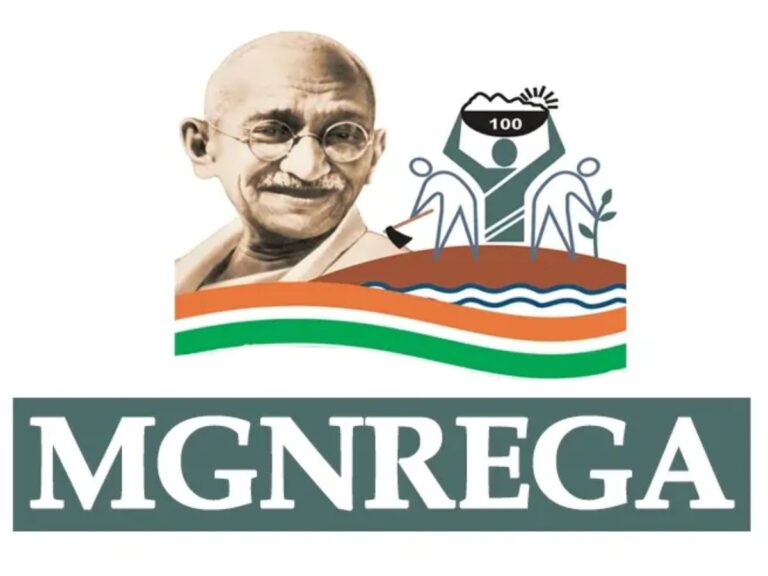MUSCAT : This new regulation aims to reduce carbon emissions in the civil aviation sector and is in line with the Sultanate of Oman’s commitment to protecting the aviation environment.
The regulation establishes the legal framework to define the responsibilities of aviation operators and the Civil Aviation Authority in managing emissions. It also ensures compliance with international standards set by the International Civil Aviation Organization (ICAO), with the key objective of promoting environmental sustainability in Oman.
Under the CORSIA programme, national airlines operating in Oman will be required to:
- Purchase carbon offset units in accordance with ICAO standards.
- Monitor and report CO₂ emissions from international aviation activities, ensuring alignment with global emissions reduction efforts.
It is pertinent to note that CORSIA is a global initiative developed by the ICAO to address carbon emissions from international aviation. It is designed to complement existing mitigation strategies and contributes to the long-term aspiration of achieving net-zero emissions by 2050.
The CORSIA programme integrates various strategies to reduce CO₂ emissions in the aviation sector. One of the key strategies involves advancements in aircraft technology, which aim to improve fuel efficiency and reduce carbon output.
The CORSIA programme is implemented in phases:
- Pilot Phase (2021-2023): Voluntary participation
- First Phase (2024-2026): Voluntary participation
- Second Phase (2027-2035): Mandatory compliance with ICAO standards for all eligible aviation operators.
The CAA’s implementation of this regulation underscores Oman’s dedication to contributing to global efforts in combating climate change and fostering a sustainable future for the aviation industry.











